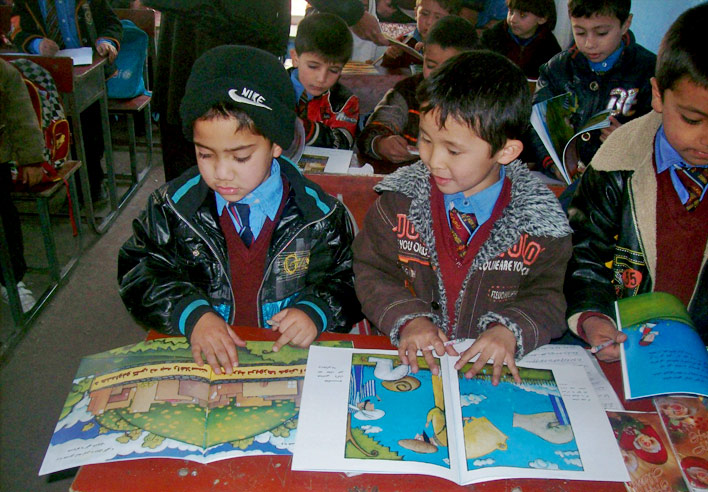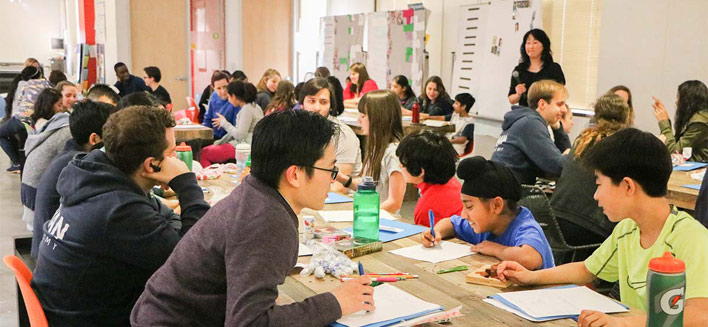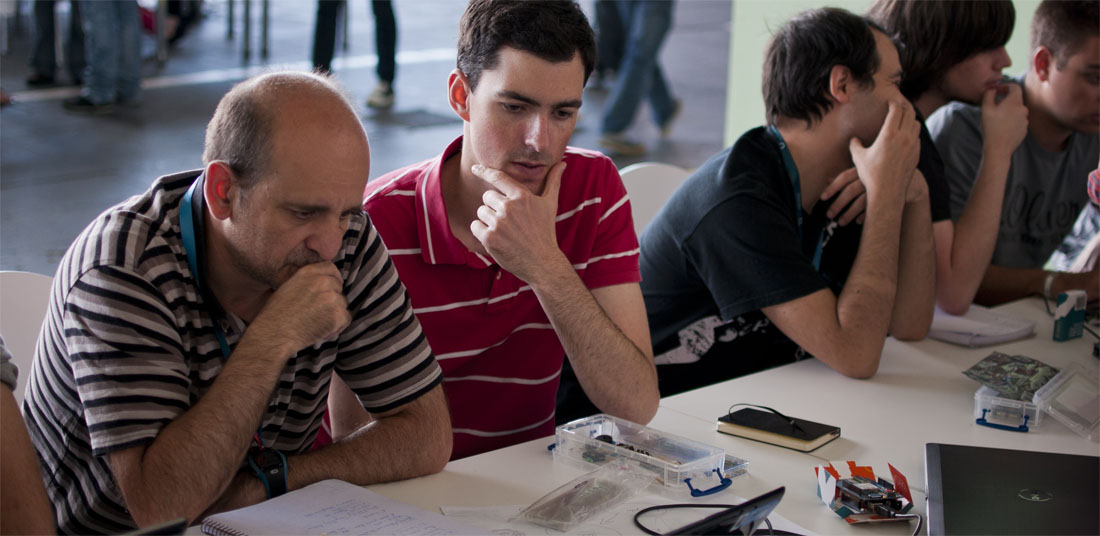
Education for a Changing World
Education’s primary goal is to prepare young people for success in adult life. Our mid-21st century world has seen changes that no one would have envisaged even twenty years ago and education must respond to provide what students need.
Education Yesterday and Today

Education for Our Times
Education is not static; it evolves with societal changes. An awareness of the forces that have shaped public education historically, together with an understanding of the multiple factors that influence education today, are needed to empower all stakeholders to continue to adapt and improve our educational systems.
Education and the World of Work
Education isn’t just about textbooks and classrooms. From coding to communication skills, at its best education equips learners with the tools needed to thrive in the job market as well as in other aspects of life.
Communities, Schools and Teachers
Communities, schools and teachers all affect students’ educational experiences. In the best case, each of these entities and individuals would work together to support all students to reach their full potential.
Technology and Education
Today, technology is ubiquitous, touching almost every aspect of day-to-day life, including education. How can schools and teachers integrate technology into the classroom to enhance learning?
Right Use of Testing
Assessment is a valuable and necessary part of education. Used well, assessments can help teachers plan lessons appropriate to students’ levels, determine whether their teaching strategies are effective, and gauge students’ progress. Assessment results also provide parents, administrators, taxpayers, business leaders and governments insights into whether schools are achieving their goals.
Unlocking Potential: Nurturing Young Minds
Human beings are unique in that 75% of our brain growth takes place outside the womb; and, most importantly, 95% of that growth occurs in the first three to five years of life, making this an especially critical period of our development.
Challenges and Opportunities

The Way Forward
Unlocking the full potential of education demands more than just imparting knowledge. In an ever-changing world, it requires nurturing analytical thinking, curiosity, and self-awareness in every child.
You CAN Get There from Here
Education holds transformative power when it takes into account diverse learners’ needs, bridging gaps, and empowering individuals and communities alike. Educators strive to meet learners where they are and are inspired by stories of intrepid learners who overcome seemingly insurmountable obstacles on their educational journeys.
Can Schools Improve?
Few would disagree that access to public education is a good thing, but many would argue that we can do better. Study of successful educational systems can offer valuable insights.
Education in the Developing World
Education can help lift people out of poverty, enhance health, and transform attitudes by providing essential life skills. All children deserve access to quality education, regardless of wealth or gender. Technology can improve access, but it must be implemented thoughtfully. What steps are needed to realize the promise of education in the developing world?
